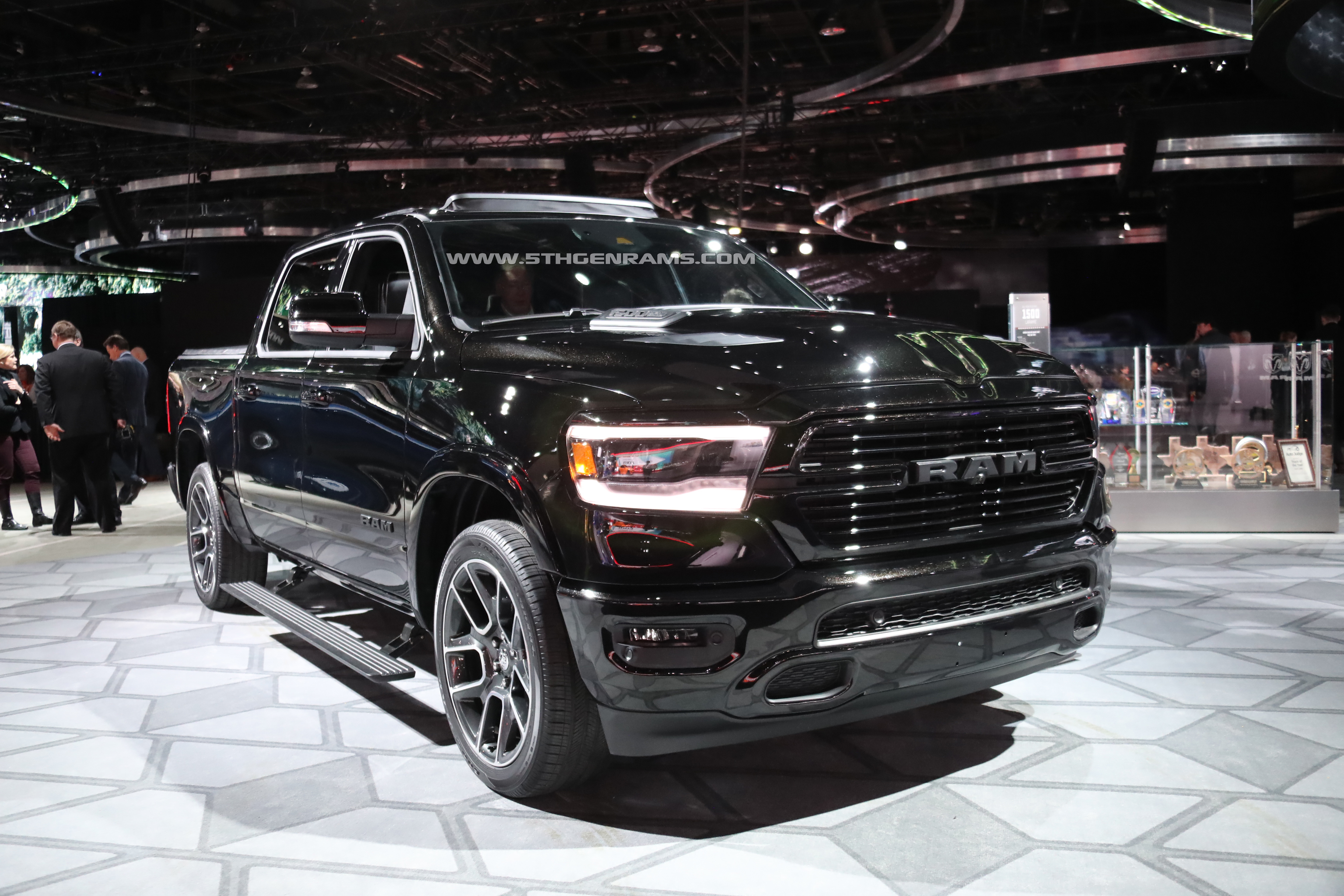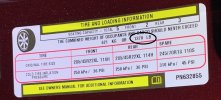Whiskeymike
Active Member
- Joined
- Sep 17, 2018
- Messages
- 73
- Reaction score
- 73
- Points
- 18
- Age
- 55
Hello, I have a 22 1500 Rebel GT, and I believe my towing amounts are GVWR of 7100, and total towing is 11,500. I’m considering buying a camping RV and would like to keep it within ratings to avoid any issues with insurance. The RV I’m considering is rated at -
29' - 7"
LENGTH
11' - 2"
HEIGHT
6,358 lbs
DRY WEIGHT
8,250 lbs
GVWR
704 lbs
HITCH WEIGHT
Does the GVWR pose an issue?
29' - 7"
LENGTH
11' - 2"
HEIGHT
6,358 lbs
DRY WEIGHT
8,250 lbs
GVWR
704 lbs
HITCH WEIGHT
Does the GVWR pose an issue?













